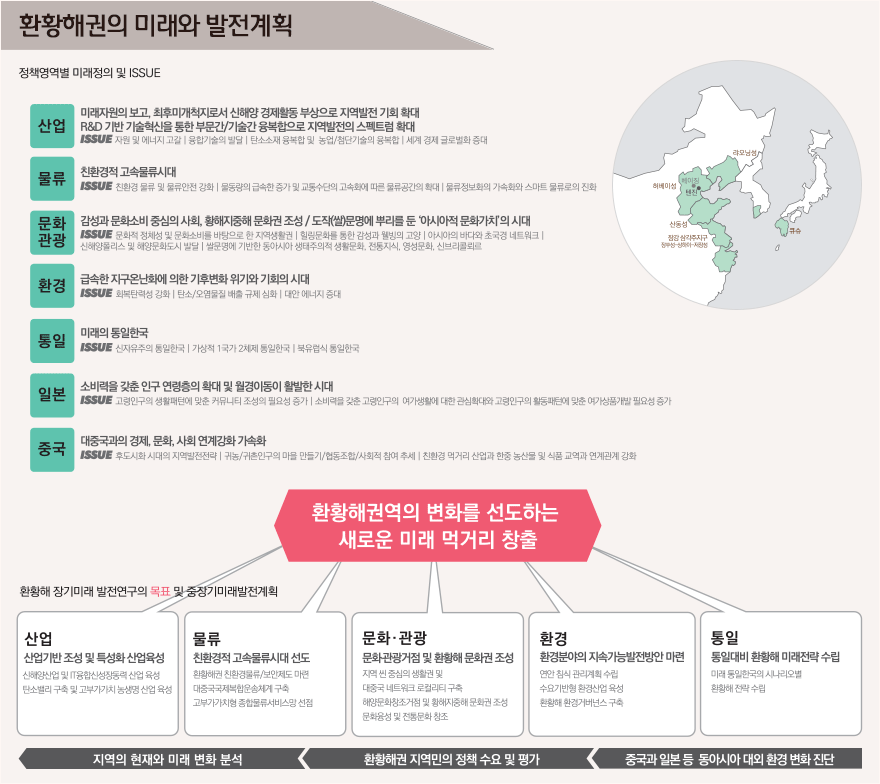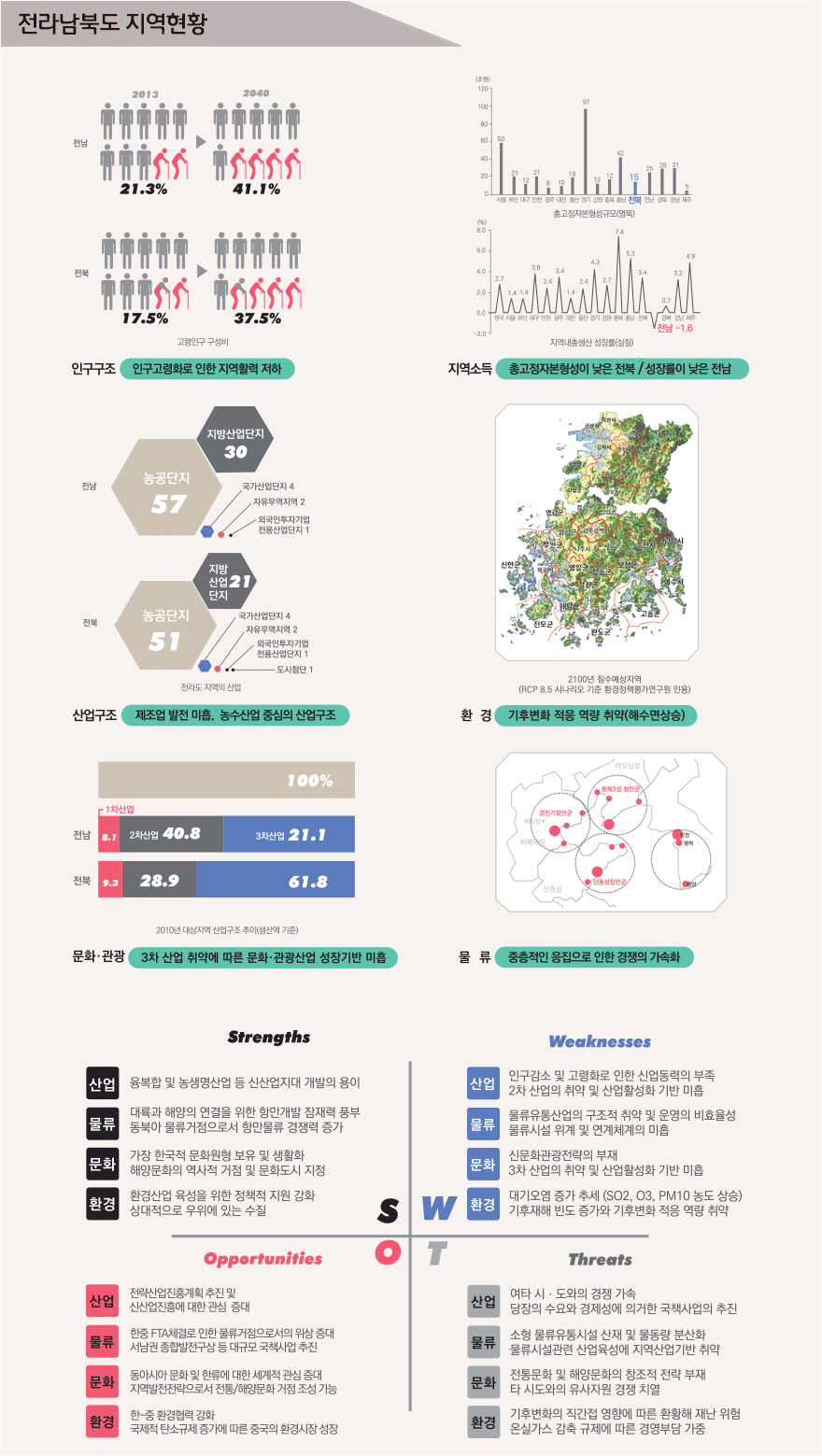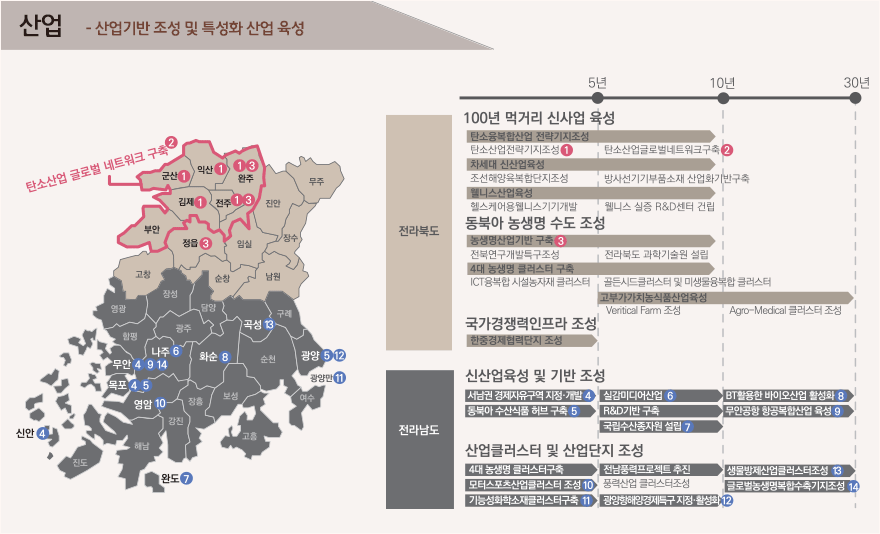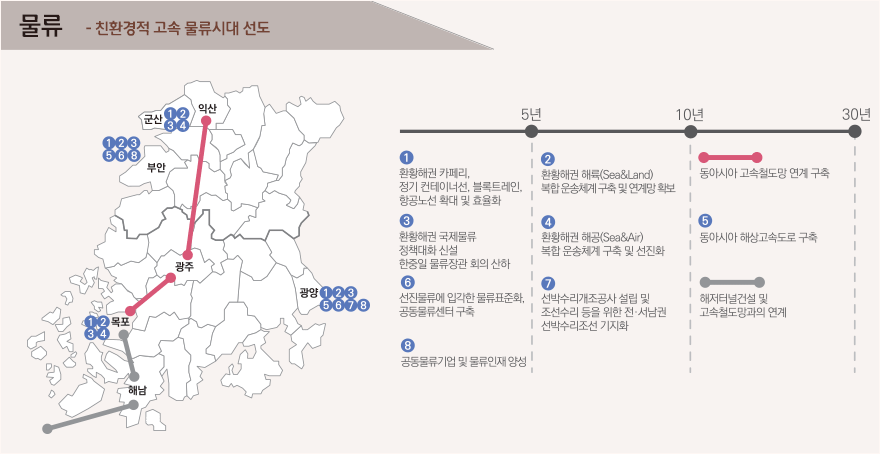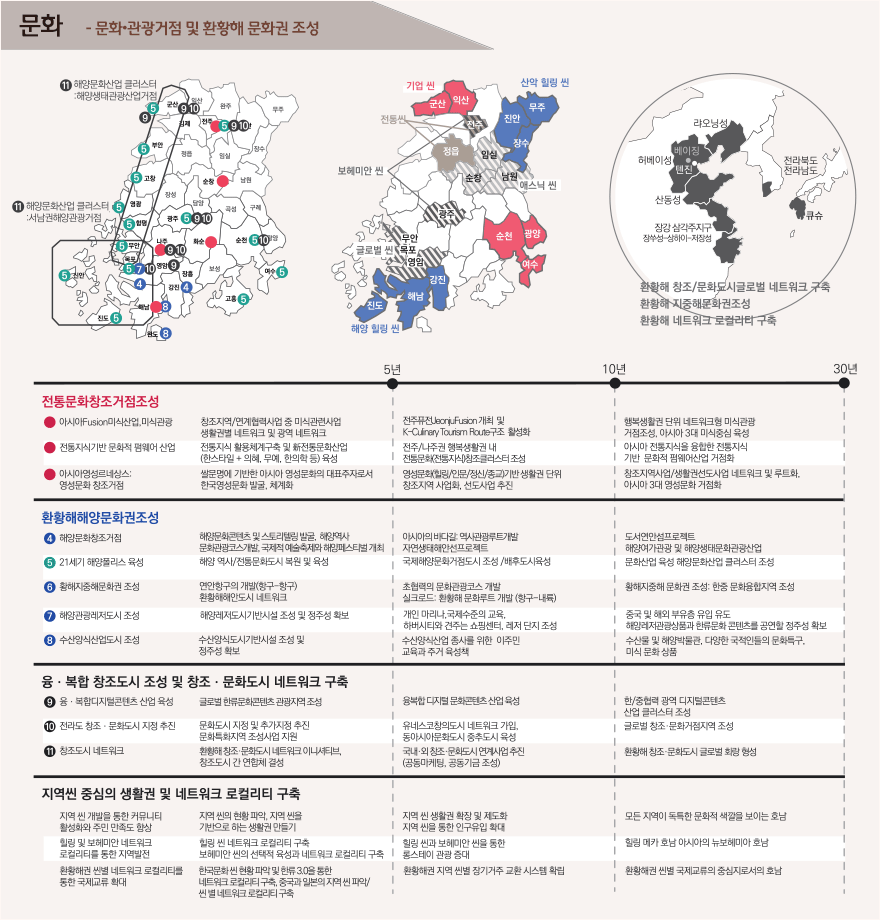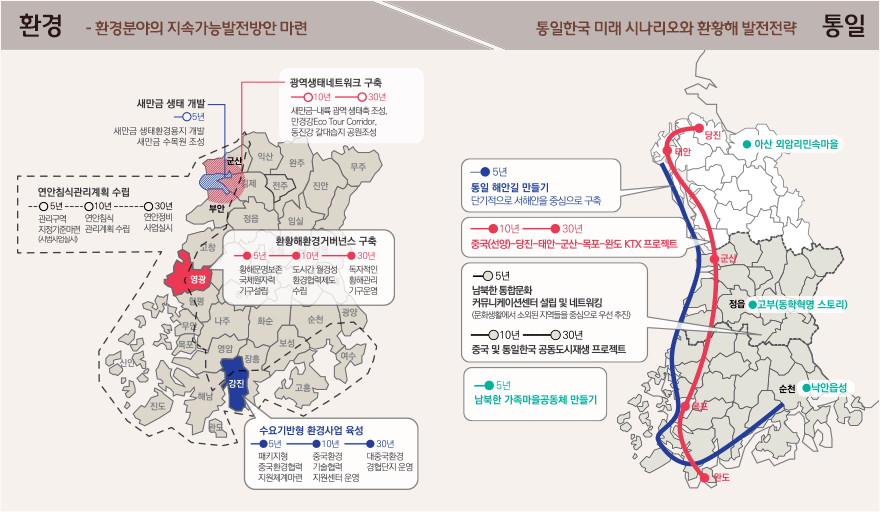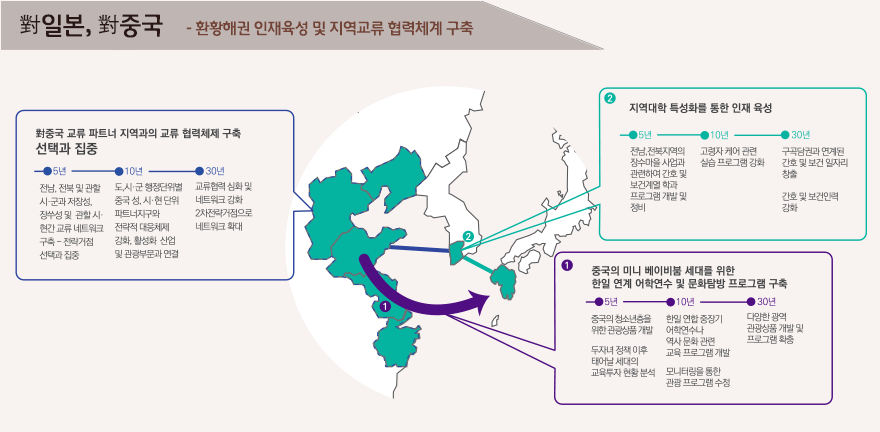Home > Achievements
The Pan-Yellow Sea Region and its
future Development Projec
The existing studies on the Pan Yellow Sea region remained obscure and primitive on its economic and social potentials, and, thus, insufficient to articulate into possible policies. They especially lacked considerations for the underdeveloped areas and neglected the balance in mutual development. Moreover they placed a high emphasis on the economic and industrial benefits in the region only. Thus, the multidimensional approaches are imperative to the development plan in the region, with respect to social, economic, and cultural integration, regardless of national territory.
This project aims to analyze the Pan-Yellow Sea region and the transformation of its socio-economic environment multilaterally and objectively. It also seeks to deliver the future visions and plans in this fast-rising region. Unlike the precedents, this project is adamant to maintain the balance in mutual development and thus focuses on the previously negligent areas – Jeollanam-do province and Jeollabuk-do province. Ultimately, the objective of this study is to generate more opportunities for Jelloa-do provinces by externally establishing cooperation in the Pan-Yellow Sea region and domestically assuring the balance across different provinces through international networks among China, Japan, and Korea.
The project prioritizes Jeolla-do provinces as it perceives the alleviation of regional discrepancy as essential. Most of the discussions on the region have long disregarded the importance of Jeolla-do, possibly jeopardizing the equilibrium in the development plan. Therefore, a comprehensive approach is necessary to involve all regions in the plan and propose the multidimensional solution for one goal – the sustainable growth for all.
The Pan-Yellow Sea region includes; Jelloa-do (Jeollanam do and Jeollabuk-do), Chungcheongnam-do, and Kyonggi-do in Korea; Shandong, Huabei, Liaoning and Tianjin of Bohai Sea region in China; and Kyushu in Japan.
This study is comprised of two parts – the fundamental analysis and the policy development. First, the fundamental analysis collects necessary data on the region and its characteristics from demographic compositions, economic status, environmental changes and demands on the regions. Through the researches, we develop hypotheses and future directions for the next step – the policy development. The key research areas of the project range from industry, logistics, culture and tourism, environment to unification. With the Jeolla-do as its key focus, the project then proceeds to develop future visions for the respective area; potential specialties in the industry, environmental-friendly logistics, tour complex in each region, sustainable environment and its resources, and preparation for possible unification in the Pan-Yellow Sea region.
The expected outputs of the project are as the following; first, to develop a long-term vision that values regional balance in the development with a distinctive agenda; and, second, to propose a roadmap for the region that includes both action plans and policy implementations. Development in this region also requires a comprehensive plan and consensus beyond the simple economic benefits, and multilateral agreements across the government, municipality, and NGOs. In designing the plan, it is essential to acknowledge the differences in each area and to study the regions scientifically. Through scenario analysis, the project ultimately proposes a future vision for all parties – China, Japan, and Korea –, which is applicable for the time of unification.
